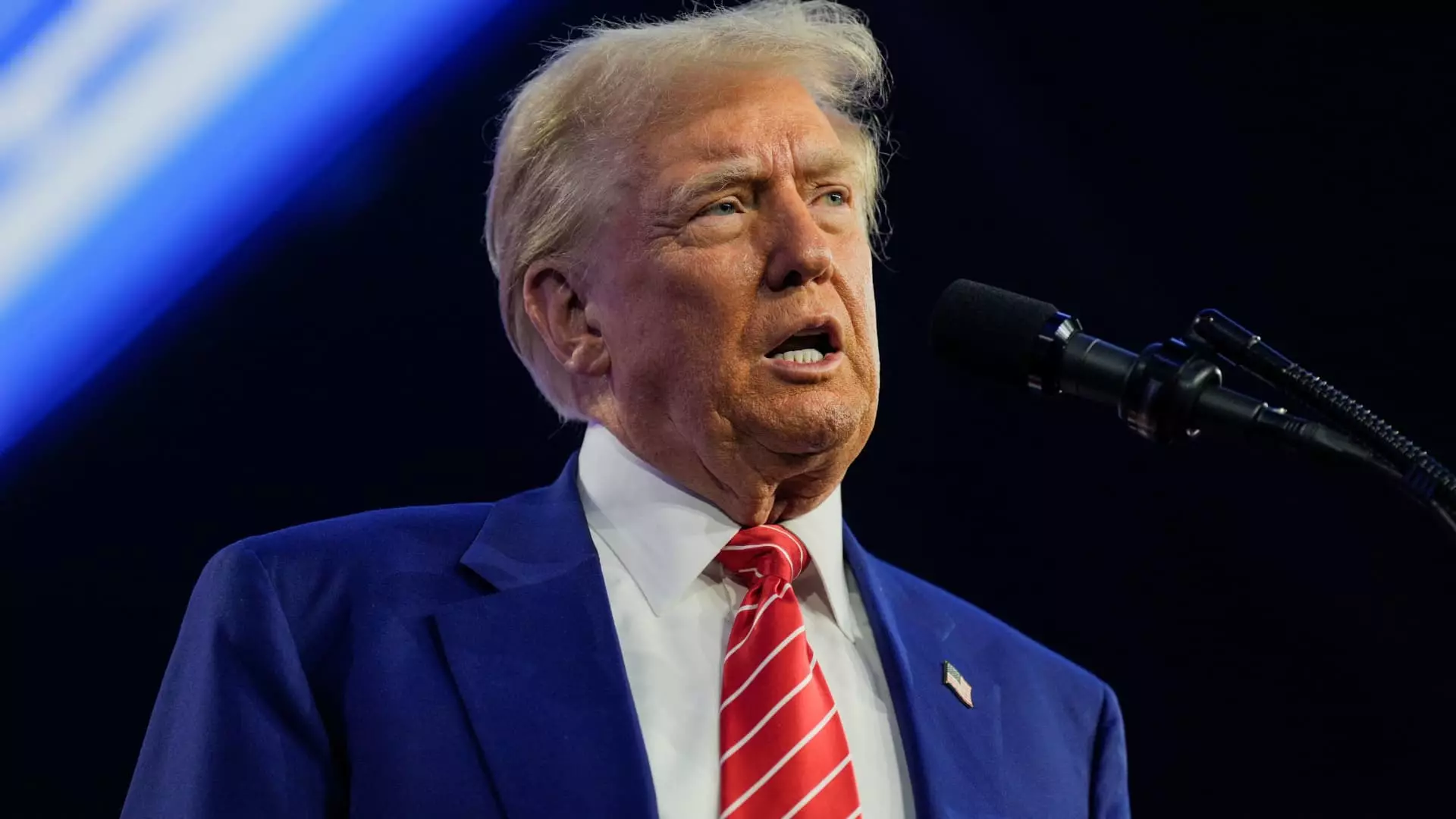The controversy surrounding TikTok in the United States continues to escalate as legal battles unfold and political dynamics reshape the conversation about the app’s future. The recent appeal presented by President-elect Donald Trump to the Supreme Court highlights this ongoing issue, amid concerns not only about national security but also free speech. As the U.S. government pushes to impose restrictive measures on the platform, Americans are left to ponder the implications of such actions on personal freedoms and the landscape of digital communication.
Context of the Legal Challenge
At the center of the dispute is the Protecting Americans from Foreign Adversary Controlled Applications Act, which stands as a bipartisanship response to fears surrounding the Chinese ownership of TikTok, a social media platform that boasts millions of users in the United States. Passed by Congress and signed into law by President Joe Biden, this legislation mandates that ByteDance, TikTok’s parent company, divest ownership to a U.S. entity or face an impending ban from operating within the country. With the court hearing scheduled for January 10, 2025, the timeline for the potential ban looms as a critical juncture for the app.
While Trump’s legal team argues for a pause on the implementation of the law, the president-elect’s motivations warrant scrutiny. He conveys a desire for a negotiated political solution, tapping into his reputation as a dealmaker from his previous business endeavors. This approach raises questions about the integrity of legal proceedings when political negotiation claims surface. The intent to intervene showcases Trump’s unique positioning and ability to influence policy, tapping into both his existing political clout and the public’s affinity for TikTok.
Supporters of the law argue that TikTok poses legitimate national security risks, citing potential Chinese government access to American user data and the capacity for manipulation within the platform. These assertions reflect broader apprehensions regarding foreign influence on U.S. citizens and information dissemination, a primary theme in the contemporary discourse on technology and sovereignty. Proponents believe this legislation is a necessary safeguard to protect the integrity of American digital infrastructure.
Conversely, TikTok’s opposition to the law underscores the complexities inherent in balancing national security objectives with the preservation of individual rights. The app’s representatives advocate for First Amendment protections of free speech, arguing that banning the platform impinges upon users’ rights to express themselves in a digital age where social media serves as a primary avenue for communication and community engagement. This clash raises essential questions: how do we define and protect national interests without infringing upon the freedoms that underpin democratic society?
Trump’s previous attempts to ban TikTok, stymied by judicial interventions in 2020, showcased the contentious nature of technology regulation in a politically charged environment. His current stance marks a significant shift, signaling a potential reconciliation with an app he once vehemently opposed. This evolution alludes to changing perceptions of TikTok’s role in American culture, especially as it continues to grow in popularity among younger demographics and emerge as a hub for creativity and communication.
As the Supreme Court prepares to hear subsequent arguments, the resolution of this case may set a critical precedent for how the U.S. addresses future foreign-owned platforms. Will it endorse a protective approach toward national security, or will it prioritize civil liberties and the interests of millions of users? The final decision has the potential to reshape the trajectory of tech law and its intersection with policy.
The TikTok debate serves as a focal point for broader discussions surrounding national security and individual freedoms in the digital realm. Trump’s legal maneuverings are indicative of the complex interplay of politics and technology. As arguments unfold and judicial scrutiny intensifies, the resolution will have lasting implications—not just for TikTok’s future, but for the overarching principles guiding technology governance in an increasingly interconnected world. The balance between safeguarding security and upholding freedoms remains a delicate tightrope that society must learn to navigate, as the outcome of this case may reverberate through the corridors of political power and shape the societal fabric of digital engagement.


Leave a Reply